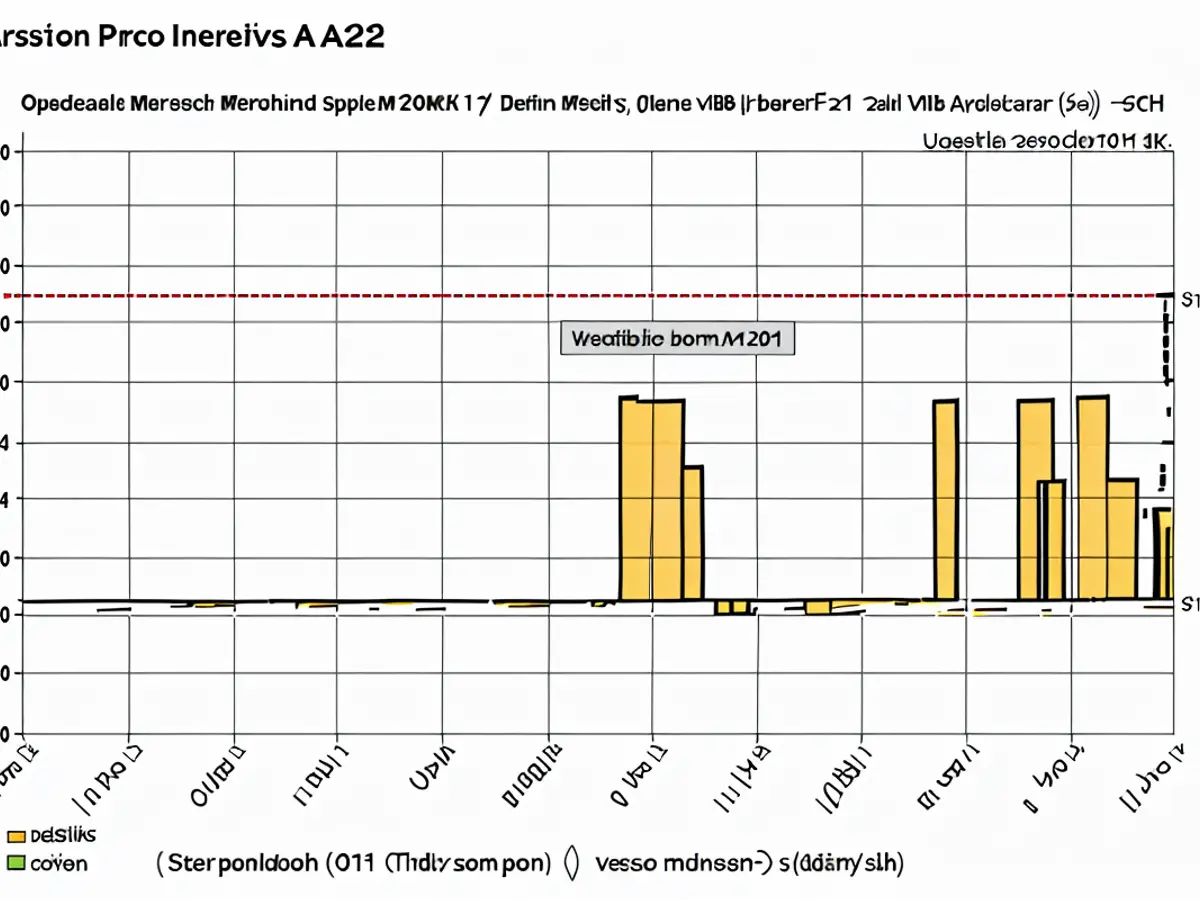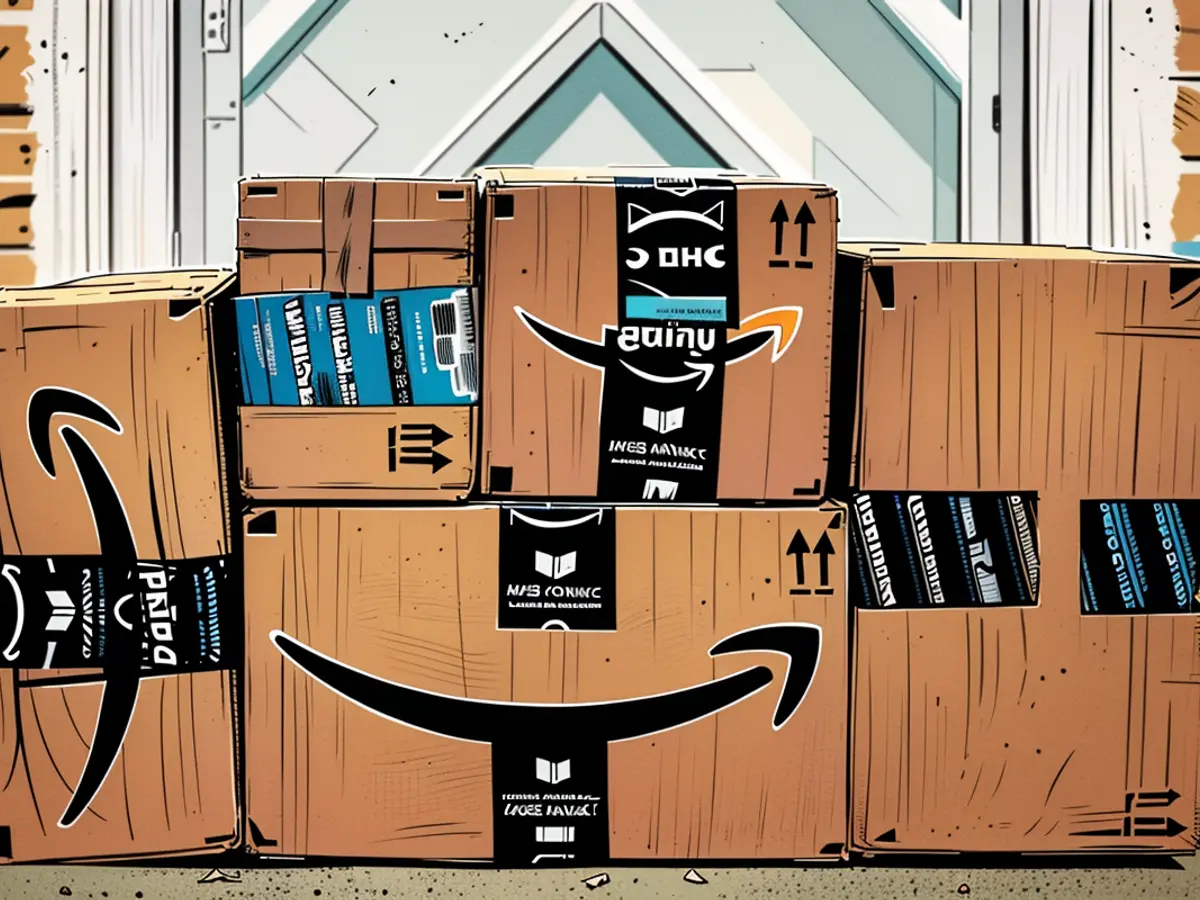Potential Amazon "Bargain" Could Be Covert Price Increase
Numerous well-known retailers are trying to outdo Amazon's upcoming Prime Day (like Walmart+ Week). Each of these companies wants you to believe their offers are the greatest around. However, it's often just a smokescreen. Specifically, Amazon has faced lawsuits by the Federal Trade Commission and 17 states since September 2022, accusing it of raising prices on its products using a doughy play.
In simpler words, if you notice that a "discounted" item on Amazon appears to be pricier than before, you're probably correct: A study from 2022 found baffling tactics used by Amazon to make it appear that you're getting a deal when, at best, the savings are insignificant, or even higher than before.
The technique is referred to as "price-increase and list-price synchronization." Basically, a vendor raises a product's price and then reduces it, presenting it as a discount. You might assume you're saving money on a TV, for instance, when in reality, you're paying more than the original price.
Here's an example: Suppose Amazon lists a TV for $500. Then the "List Price" becomes $600 with a strike-through. Amazon then raises the TV's price to $550. An unsuspecting shopper could be fooled into thinking they're saving $50 when they're actually overpaying.
When I contacted Amazon about the study, they replied with the following statement: "Amazon shows clear and accurate pricing information on product pages. This study was conducted over five years ago and is not an accurate reflection of the shopping experience now. We constantly strive to help customers make more informed purchasing decisions and have since updated our methods for providing pricing info."
Consider the 2020 MacBook Air laptop, for example. In October 2022, it was advertised as $998 on Amazon with a "Prime Exclusive Deal" offering a 17% discount from the supposed "list price" of $1,198. You'd think it's a great deal, but when we examine the laptop's price history on Camelcamelcamel, a price tracking website, we see:
While the laptop is discounted from its lowest price of the year, the chart above reveals the listed price was never $1,198. Before the Prime Early Access Sale on October 11, 2022, the laptop's price climbed, only to then be discounted again for the event. It is the cheapest price for the year at $998, yet it's not as enticing as the increased "list price" would make it appear.
It's not illegal to manipulate prices in the free market, but that doesn't mean you have to get duped. To avoid being tricked into thinking a discount is better than it actually is, utilize price-tracking pages like Camelcamelcamel for Amazon or Honey for major online retailers. Examine their price histories to see if the discount is actually worthwhile.

Read also:
The Federal Trade Commission and 17 states filed lawsuits against Amazon for employing hidden price hikes, accused of raising product prices using a deceptive tactic. Customers should be wary of these hidden price increases and utilize price-tracking pages to ensure they're actually getting a good deal on Amazon.
Although the 2020 MacBook Air laptop appeared to be discounted with a 17% savings, a price tracking website revealed that the supposed "list price" was never in effect, potentially leaving customers paying more than they realized due to Amazon's hidden price hikes.








